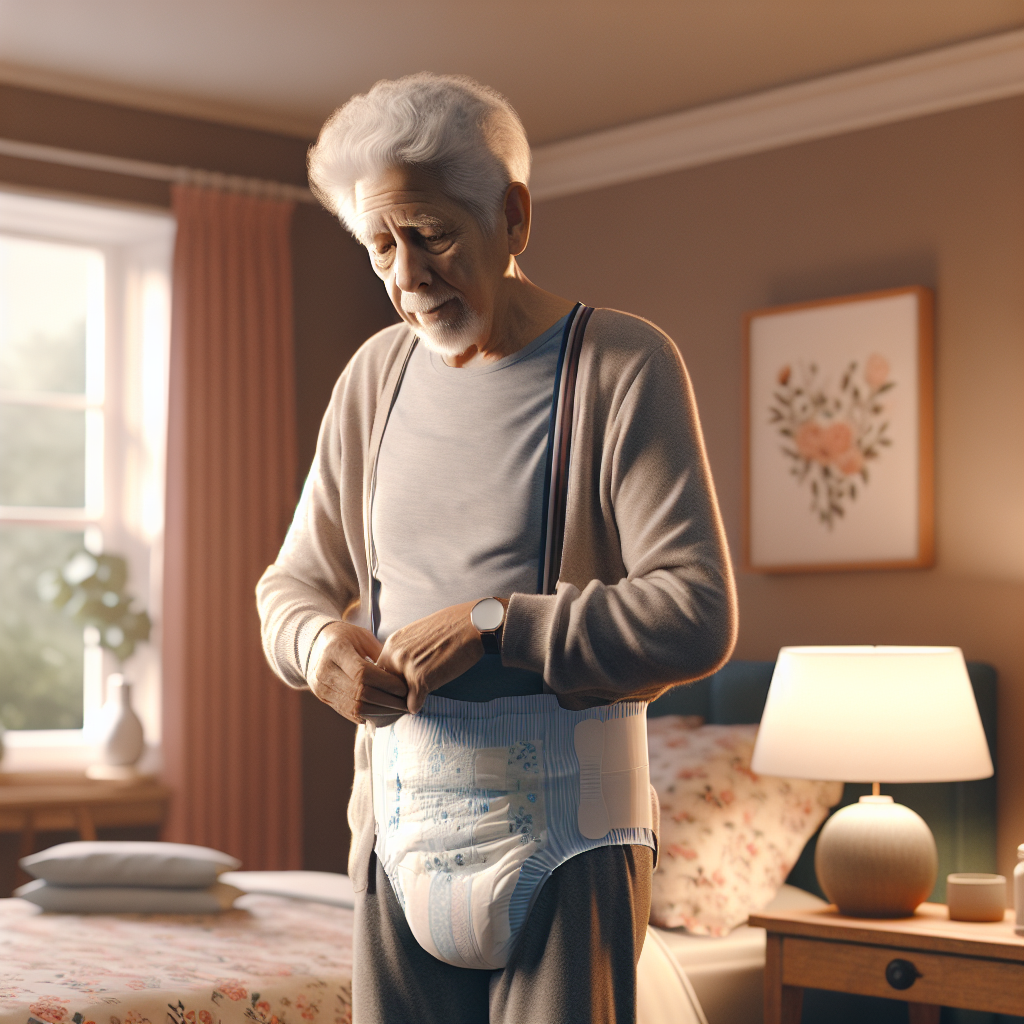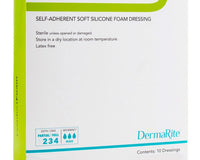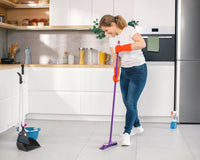Adult diapers have become an essential product for many individuals dealing with incontinence, mobility issues, or other health conditions. These products offer a sense of dignity and convenience, allowing users to go about their daily activities without the fear of accidents. However, there is a growing concern about the potential link between the use of adult diapers and urinary tract infections (UTIs).
Urinary tract infections (UTIs) are a common issue, especially among the elderly and those with compromised immune systems. UTIs occur when bacteria enter the urinary tract, leading to infections that can cause discomfort, pain, and serious health complications if left untreated. Given that adult diapers provide a warm and moist environment, they may inadvertently contribute to the growth of bacteria, increasing the risk of UTIs.
Understanding the relationship between adult diapers and UTIs is crucial for both caregivers and users. With the right knowledge and proper hygiene practices, the risk of UTIs can be significantly reduced. At Cart Health, we are dedicated to providing the best products and solutions to support your health and well-being. Order online here for convenient shopping and fast delivery!
How Adult Diapers Can Cause UTIs

Understanding how adult diapers can contribute to urinary tract infections (UTIs) is essential for prevention and management. The primary way adult diapers can cause UTIs is through the creation of a warm and moist environment, which is ideal for bacterial growth. When urine is absorbed by the diaper, it remains in contact with the skin, providing a breeding ground for bacteria.
Bacterial migration is another significant factor. Bacteria from the skin or rectal area can easily migrate to the urethra, especially when adult diapers are not changed frequently. Prolonged exposure to urine and feces can exacerbate this issue, increasing the likelihood of bacterial infections entering the urinary tract.
Furthermore, improper hygiene practices can amplify the risk of UTIs. If the perineal area is not cleaned thoroughly during diaper changes, residual bacteria can remain on the skin, ready to travel to the urinary tract. This is particularly problematic for individuals with limited mobility or those who rely on caregivers for their hygiene needs.
Finally, the fit and material of the diaper can also play a role. Diapers that are too tight can cause skin irritation and micro-abrasions, providing an entry point for bacteria. On the other hand, diapers made from non-breathable materials can trap moisture and heat, further promoting bacterial growth.
Symptoms of UTIs in Adults

Recognizing the symptoms of UTIs in adults is crucial for timely diagnosis and treatment. Unlike younger individuals, adults, especially the elderly, may exhibit a range of symptoms that can sometimes be mistaken for other conditions.
Common symptoms include a frequent and strong urge to urinate, even when little urine is passed. This can be accompanied by a burning sensation during urination, which is a hallmark sign of a UTI. Additionally, individuals may notice cloudy or strong-smelling urine, which can indicate the presence of bacteria or pus.
Another symptom to watch for is pain or pressure in the lower abdomen or back. This discomfort can vary in intensity but is often described as a constant ache. In some cases, adults may also experience fever, chills, and a general sense of malaise, which can indicate that the infection has progressed to the kidneys.
For the elderly, symptoms can be more subtle and sometimes atypical. Confusion, agitation, or sudden changes in behavior can be red flags for a UTI. These symptoms are often mistaken for signs of dementia or other cognitive issues, making it essential to consider a UTI as a potential underlying cause.
Early detection and prompt treatment are vital to preventing complications. If you or a loved one exhibit any of these symptoms, it's important to seek medical advice to determine the appropriate course of action.
Prevention Tips for UTI in Adult Diaper Users
Preventing UTIs in adult diaper users requires a combination of good hygiene practices, regular monitoring, and the use of appropriate products. Here are some effective strategies to reduce the risk:
- Frequent Diaper Changes: One of the most important steps is to ensure that diapers are changed regularly. Prolonged exposure to moisture and bacteria can increase the risk of infections. Aim to change diapers as soon as they become soiled or wet.
- Proper Cleaning Techniques: When changing diapers, it's crucial to clean the genital area thoroughly with mild soap and water. Ensure the area is dried completely before putting on a new diaper. This helps to eliminate any residual bacteria that could cause infection.
- Hydration: Encourage adequate fluid intake. Staying well-hydrated helps to flush out bacteria from the urinary tract. Water is the best option, but other fluids can also be beneficial.
- Choose the Right Diaper: Select diapers that are highly absorbent and designed for adults. Look for brands that offer breathable materials to reduce moisture buildup. Avoid using heavily scented products that can irritate the skin.
- Maintain a Healthy Diet: A balanced diet rich in vitamins and minerals can strengthen the immune system, making the body better equipped to fight off infections. Foods high in vitamin C, for example, can help to acidify the urine and reduce bacterial growth.
- Regular Medical Check-ups: Schedule regular medical appointments to monitor for any signs of a UTI. Early detection and treatment are key to preventing complications.
Implementing these prevention tips can significantly reduce the risk of UTIs in adult diaper users, promoting better health and comfort.
Choosing the Right Adult Diapers

Choosing the right adult diapers is crucial in ensuring both comfort and health, especially when it comes to preventing UTIs. Here are some key factors to consider when selecting adult diapers:
- Absorbency: The primary function of an adult diaper is to absorb moisture. Look for diapers with high absorbency levels to keep the skin dry and reduce the risk of infections. Diapers that wick moisture away from the skin are particularly effective.
- Fit and Size: A proper fit is essential for preventing leaks and ensuring comfort. Diapers that are too tight can cause irritation, while those that are too loose may not provide adequate protection. Measure the waist and hips to find the correct size.
- Material: Choose diapers made from breathable materials that allow air to circulate. Breathable fabrics can help to reduce moisture buildup and skin irritation. Avoid diapers with harsh chemicals or fragrances that can cause allergic reactions.
- Design Features: Look for additional features such as wetness indicators, which can help caregivers know when a change is needed. Leak guards and leg cuffs can also provide extra protection against leaks.
- Ease of Use: For both the user and caregiver, ease of use is an important consideration. Diapers with resealable tabs and elastic waistbands can make changes quicker and more efficient.
- Cost: While cost is an important factor, it should not compromise quality. Often, investing in higher-quality diapers can lead to better health outcomes and greater comfort, ultimately being more cost-effective in the long run.
By considering these factors, you can choose the right adult diapers that offer both comfort and protection, significantly reducing the likelihood of UTIs and other complications.
When to Seek Medical Advice

While using adult diapers is often a necessary and effective solution for managing incontinence, it's important to know when to seek medical advice. Here are some signs and symptoms that indicate it's time to consult a healthcare professional:
- Persistent Discomfort: If you or the person you're caring for experiences ongoing discomfort, irritation, or pain in the urinary tract area, it may be a sign of an underlying issue that needs medical evaluation.
- Recurring UTIs: Frequent urinary tract infections (UTIs) can be a sign of improper diaper use, inadequate hygiene, or other medical conditions. If UTIs occur repeatedly, it's crucial to consult a doctor to identify the root cause and appropriate treatment.
- Fever or Chills: The presence of fever or chills along with urinary symptoms can indicate a more serious infection that has spread to the kidneys. Immediate medical attention is necessary in such cases.
- Blood in Urine: Hematuria, or blood in the urine, is a warning sign that should never be ignored. It can be a symptom of a severe infection or other serious health conditions.
- Changes in Urine Color or Odor: Noticeable changes in the color or smell of urine can indicate infection or dehydration. Consult a healthcare provider to rule out any serious conditions.
Always prioritize health and well-being by seeking professional advice when these symptoms arise. Early intervention can prevent complications and ensure better health outcomes.
At Cart Health, we're here to support you with the best medical supplies and health solutions. Order online here for convenient shopping and fast delivery!








